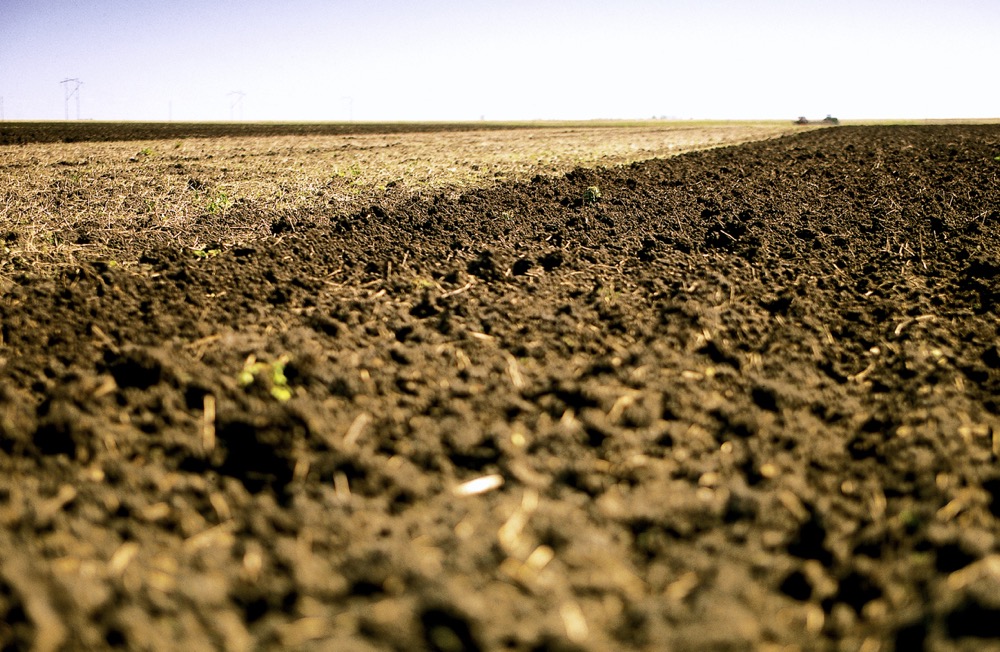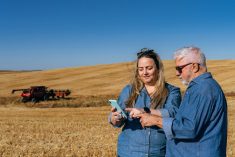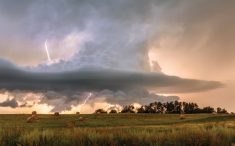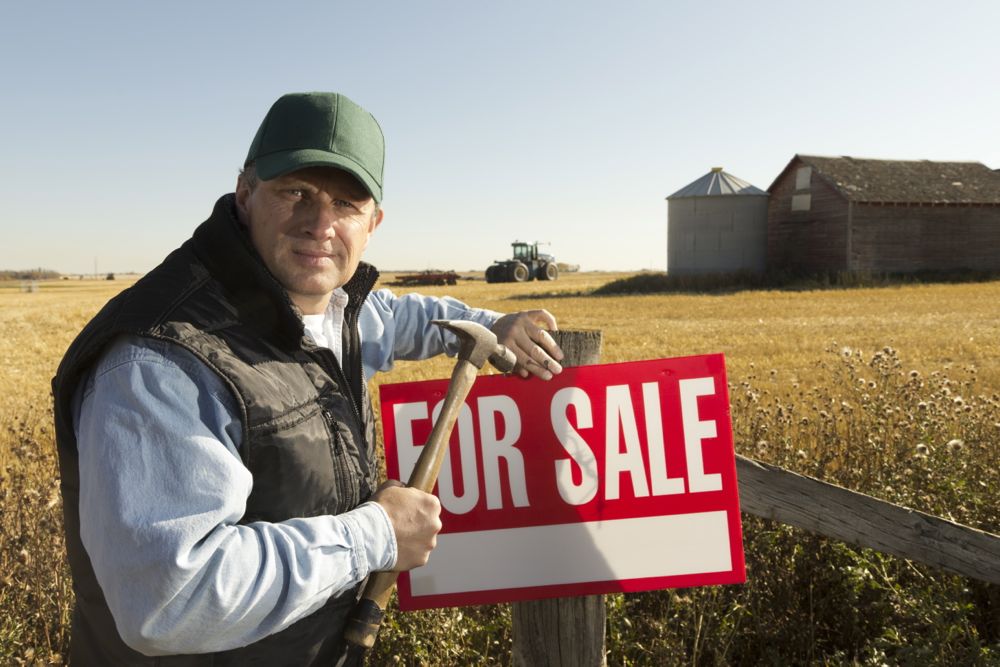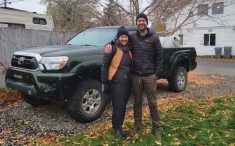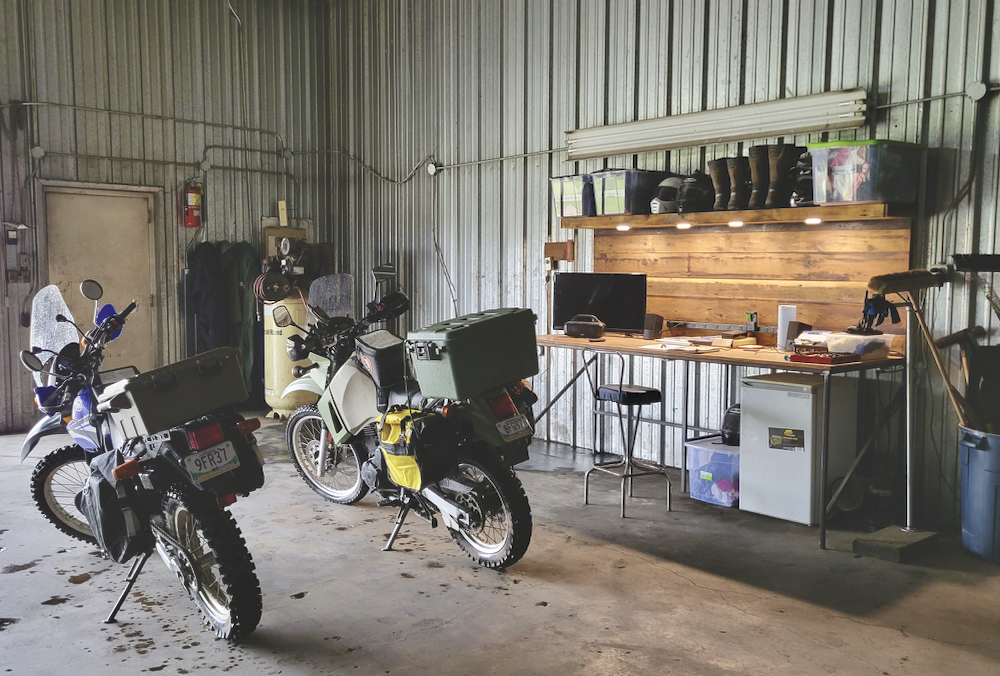My wife and I, the corporate collective registered as Burr Forest Acres Ltd., are not averse to risk. This is the adage we repeat to ourselves regularly on the hope that one day we’ll believe ourselves at a deep, foundational level.
We are days away from finalizing the purchase of 120 acres of cultivated land. I won’t disclose the agreed-upon price, because I don’t need more farmers gasping at how land prices have skyrocketed since the 1980s. It has happened. Let’s all get over it.
Read Also
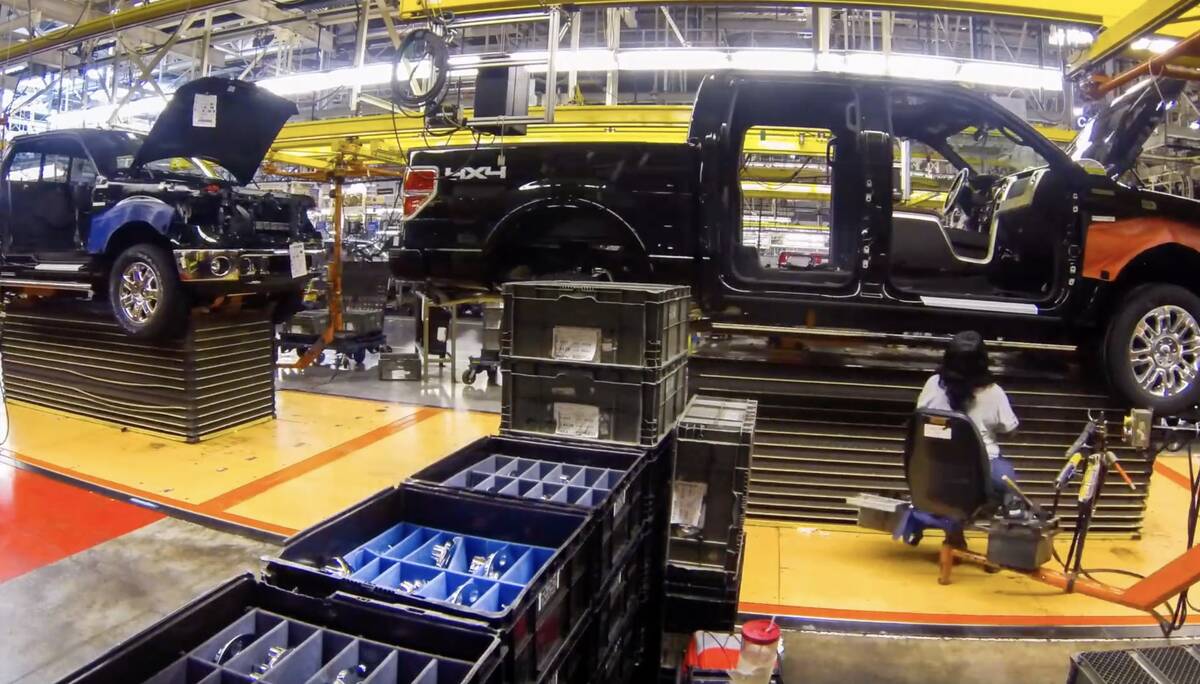
Is the technology in our vehicles a help or a hindrance?
Not only does new tech allow people to operate vehicles and farm machinery with fewer skills, it also creates more problems for vehicle users when those systems fail, Scott Garvey writes.
Today we issued the cheque for the deposit, sent our lawyer the official offer to purchase and over the course of the next week we will work out the details associated with the purchase. We had many years to prepare ourselves for this day, but didn’t. “We’ll start thinking about it tomorrow,” was our usual refrain.
The fiscal realities of this purchase have spurred us to analyze and evaluate our attitudes towards risk and opportunity. It’s been an interesting process, and one we’re not quite done. It’ll be a work in progress. We are close to knowing the attitudes we want to hold towards such things. Once we do, the challenge will be figuring out how to develop them.
I took two classes with Professor Douglas Walton during my undergrad degree. One was logic and the other was argumentation. Dr. Walton is a world-class thinker on both of these subjects. I did well in these courses and I will never forget Walton’s expressionless delivery. For class, he would read a chapter of the textbook, which he wrote, then, when he was done, he’d open it up to questions. If there were none, he would close the book, say something quietly about class being over and walk out.
I really liked him. He was old, wise, distinguished and had the driest sense of humour.
In argumentation we learned about logical fallacies and how to spot them. A logical fallacy, put bluntly and in a way that Walton would scoff at, is basically a flaw in reasoning. One such fallacy is called a false dichotomy. It’s when a question is asked or a hypothetical situation is presented and the respondent is only given an unfairly limited amount of choices. For example, “What colour is your truck? White or blue?” If it’s neither, that’s a flaw in reasoning because you can’t answer the question honestly under such parameters.
This form of reasoning is often used in court, where the prosecution purposefully limits the choices to two bad ones, drawing the defense into a line of reasoning that may see him or her believing that the least “bad” choice is the best one, when in fact, they are both wrong and the whole line of questioning should be dismissed as fallacious.
My attitude towards risk has fallen prey to faulty reasoning. I believe taking risks can either be the arbiter of tremendous opportunity or the actions of a dimwit and the cause of financial ruin. This is a form of the false dichotomy fallacy, as I have interpreted it.
I am terrified of taking risks, and thinking about them in such a black and white way hasn’t helped. I am working on it.
For some, taking risks is par for the course. Some things work out; others don’t. That’s just how it is. Some are trepidatious but not averse to risk. Some have a smart eye for the kinds of risks that are most likely to end up as opportunities, and I know there are farmers out there who wouldn’t differentiate between those two things.
I yearn to be better at seizing chances at things that may be good, may be bad, may be mediocre, or may be amazing. I have heard from people much smarter than me that failure is the best teacher. Wise, perhaps. Reassuring, it is not.
We don’t want our purchase of the land to result in failure, but we have already walked through the what’s-the-worst-that-can-happen scenario, and, you know what? Even that doesn’t look so terrible.
There is a world of possibilities for our farm and yours and I yearn to have a mind that sees that, believes it and has the courage to act on it. We are not averse to risk. We are not averse to risk. We are not averse to risk.

